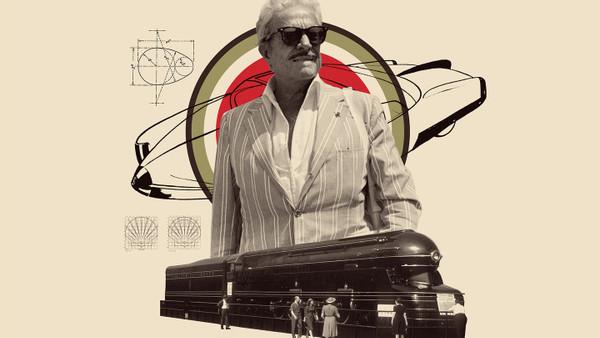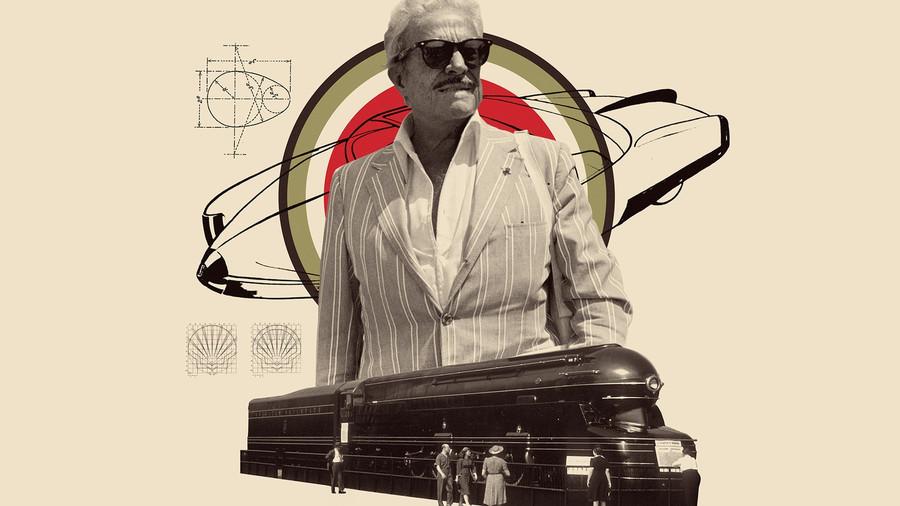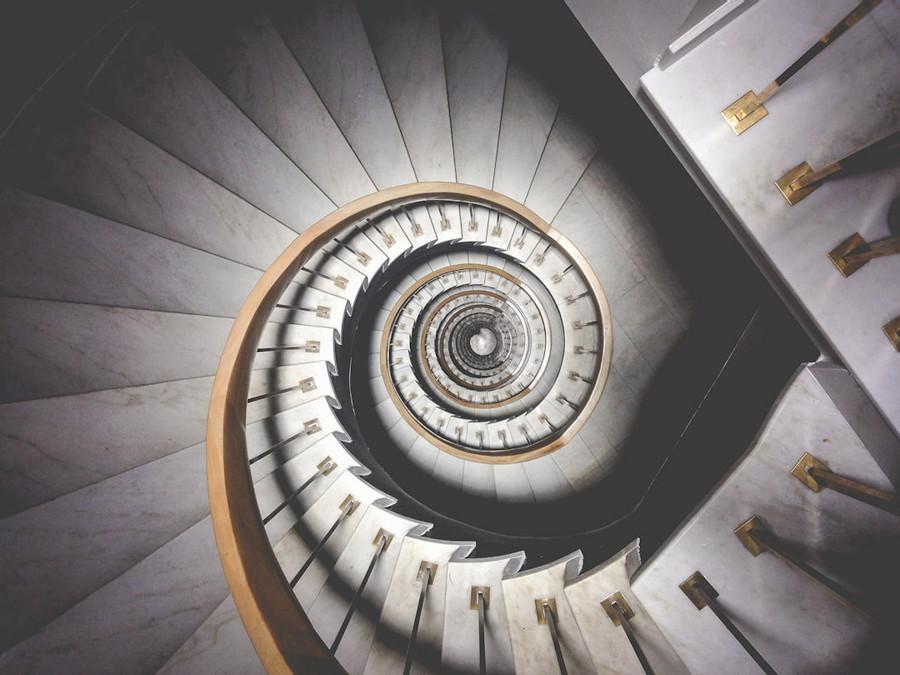The Four-Letter Code to Selling Just About Anything
Curated from: theatlantic.com
Ideas, facts & insights covering these topics:
6 ideas
·1.4K reads
13
Explore the World's Best Ideas
Join today and uncover 100+ curated journeys from 50+ topics. Unlock access to our mobile app with extensive features.
Most Advanced Yet Acceptable
The father of industrial design, Raymond Loewy had an uncanny sense of how to make things fashionable. He believed that consumers are torn between two opposing forces: neophilia, a curiosity about new things; and neophobia, a fear of anything too new. As a result, they gravitate to products that are bold, but instantly comprehensible.
Loewy called his grand theory “Most Advanced Yet Acceptable”—Maya. He said to sell something surprising, make it familiar; and to sell something familiar, make it surprising.
62
399 reads
The Formula Of Likeness
Why do people like what they like?
It is one of the oldest questions of philosophy and aesthetics. Ancient thinkers inclined to mysticism proposed that a “golden ratio”—about 1.62 to 1, as in, for instance, the dimensions of a rectangle—could explain the visual perfection of objects like sunflowers and Greek temples.
Other thinkers were deeply sceptical: David Hume, the 18th-century philosopher, considered the search for formulas to be absurd, because the perception of beauty was purely subjective, residing in individuals, not in the fabric of the universe.
45
269 reads
Liking The Known: Mere Exposure Effect
In the 1960s, the psychologist Robert Zajonc conducted a series of experiments where he showed subjects nonsense words, random shapes, and Chinese-like characters and asked them which they preferred. In study after study, people reliably gravitated toward the words and shapes they’d seen the most. Their preference was for familiarity.
This discovery was known as mere-exposure effect, and it is one of the sturdiest findings in modern psychology. Across hundreds of studies and meta-studies, subjects around the world prefer familiar shapes, landscapes, consumer goods, songs, and human voices.
50
212 reads
Familiar Surprise
In mere-exposure studies, the preference for familiar stimuli is attenuated or negated entirely when the participants realize they’re being repeatedly exposed to the same thing. For that reason, the power of familiarity seems to be strongest when a person isn’t expecting it.
The reverse is also true: A surprise seems to work best when it contains some element of familiarity.
46
195 reads
Mere-Exposure Effect In The Academic World
Eureka moments are a force in the academic world as well.
Scientists and philosophers are exquisitely sensitive to the advantage of ideas that already enjoy broad familiarity.
In 2014, a team of researchers from Harvard University studied about sort of proposals that were most likely to win funding from prestigious institutions such as the National Institutes of Health: familiar proposals or extremely novel ones?
- Most-novel proposals got the worst ratings.
- Exceedingly familiar proposals fared a bit better.
- The highest evaluation scores went to submissions that were deemed slightly new.
46
154 reads
Optimal Newness
In Silicon Valley, where venture capitalists also sift through a surfeit of proposals, many new ideas are promoted as a fresh spin on familiar successes.
Optimal newness in names: Most parents prefer first names for their children that are common but not too common, optimally differentiated from other children's names.
This helps explain how names fall in and out of fashion.
46
177 reads
IDEAS CURATED BY
Jasper Asghar's ideas are part of this journey:
Learn more about psychology with this collection
How to overcome fear of rejection
How to embrace vulnerability
Why vulnerability is important for personal growth
Related collections
Similar ideas
5 ideas
Inside the booming business of background music
theguardian.com
16 ideas
Past Tense | Our Hang-Ups with nostalgia
thedriftmag.com
11 ideas
Read & Learn
20x Faster
without
deepstash
with
deepstash
with
deepstash
Personalized microlearning
—
100+ Learning Journeys
—
Access to 200,000+ ideas
—
Access to the mobile app
—
Unlimited idea saving
—
—
Unlimited history
—
—
Unlimited listening to ideas
—
—
Downloading & offline access
—
—
Supercharge your mind with one idea per day
Enter your email and spend 1 minute every day to learn something new.
I agree to receive email updates






